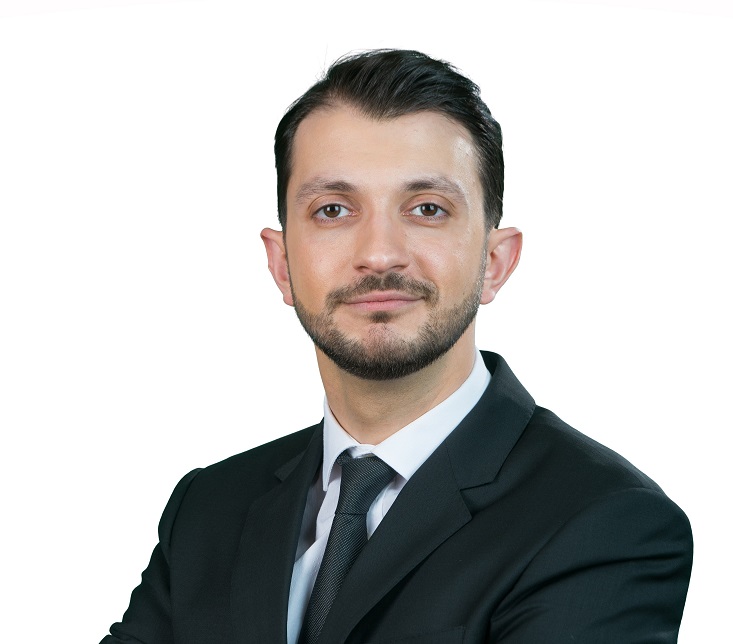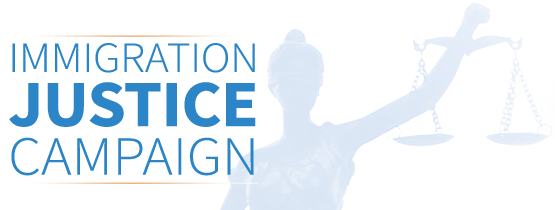Mustafa Cetin
As an up and coming immigration attorney I was looking for opportunities to do meaningful pro bono work. Upon suggestion of a mentor I signed up for Immigration Justice Campaign. It was very clear from the beginning that Campaign’s platform was designed by experts.
As we were regularly checking for cases to take on, a Congolese woman’s case seemed like a perfect fit as she was fluent in English. Thanks to the amazing field work carried out by the local partner of the Campaign in the New York City area (American Friends Services Committee), the intake process was very straightforward, and the case summary and intake documents were expertly prepared.
We went to visit the client for the first time well informed. She was apparently shaken by trauma of her experiences. However, she seemed very smart and receptive to what was going on.
Back in Congo, she started an initiative to empower women in her community through education and training. The initiative started to get recognition by teaching women how to read and write and training them for tailoring.
Homosexual women participated in the imitative and she refused to deny education to them. The local community (including her own family) was not happy with her decision. She also turned down politicians who were trying to gain popularity by appearing to help the initiative.
What started as harassment by local police became full blown abuse. The initiative was raided by the police and she was charged as a criminal. Fearing for her life, she was lucky to make it to the U.S.
My initial assessment was that someone in her position shouldn’t be seeking asylum while in detention. She did not pose any public security concern as she had no criminal history and her volunteer work was nothing short of inspiring. Considering the strength of her asylum case, it would be senseless to consider her a flight risk.
Unfortunately, she was not eligible for bond as an arriving alien. However, we put together a very strong parole application documenting all these elements. It was not easy to hear that our application was denied with no explanation. We realized winning asylum at the individual hearing was the only way to ensure her release from detention.
We didn’t give up hope and continued to prepare what turned out to be a very strong asylum application. With our guidance, client prepared a very detailed written statement. We were able to submit documentation to strengthen the credibility of her statement.
The legal brief we submitted to the court before the hearing was clearly establishing that what she experienced amounted to past persecution. All the case law was pointing to that.
The hearing itself was not easy, despite all our efforts to prepare the client. Intellectually, her answers were impeccable. However, emotionally she was torn apart. She bravely revisited her traumatic experiences but doing so took a toll on her. At one point we were not even sure if she could continue to testify.
She managed to go through with the hearing. At the end of the hearing judge found her and our witness credible and granted asylum. Her reaction was unforgettable. Later she was frustrated when she found out that the government had reserved appeal and she would have to wait to be released while they decided whether or not to file an appeal. Fortunately, the following week government decided not to appeal, and she was released.
Through this pro bono effort, we are honored to uphold the U.S. asylum system and what it stands for. I would encourage any other new AILA members like me to take on a pro bono case with the Immigration Justice Campaign.

